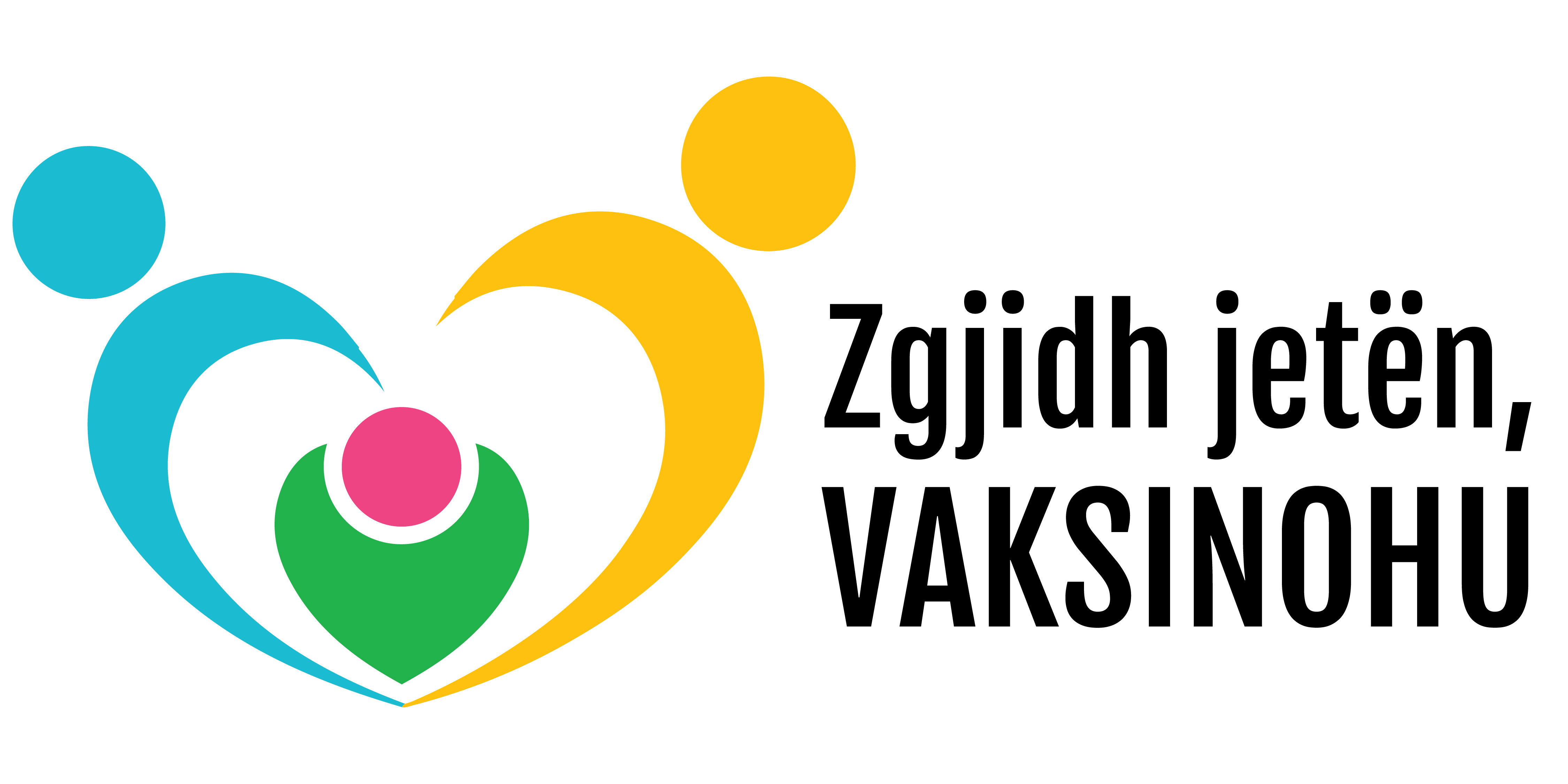Building global health leadership capacity through online doctoral programming.
Suzanne M. Babich1
1 Departments of Health Policy and Management and Nutrition, Gillings School of Global Public Health, University of North Carolina at Chapel Hill.
Corresponding author: Suzanne M. Babich, Clinical Professor and Director, Doctoral Program in Health Leadership;
Address: University of North Carolina at Chapel Hill;
Telephone: +19198434621; Email: Suzanne_Hobbs@unc.edu
Health leadership training for mid- to senior-level public health professionals was identified as an urgent need more than 25 years ago in a landmark report published by the United States Institute of Medicine (1) and repeated in a follow up report 15 years later (2). Worldwide, similar calls for action have been stressed. The need persists.
What does it take to create a more efficient, scientifically sound and effective system for equipping public health practitioners – in the broadest sense – with the personal and professional knowledge, skills and abilities – and the will to use them – to lead changes that will improve the public’s health?
One solution may be a global model if it can be scaled up effectively and sustainably.
The Doctoral Program in Health Leadership marks its tenth year in 2015 in the Department of Health Policy and Management at the Gillings School of Global Public Health at the University of North Carolina (UNC) at Chapel Hill (3) (Figure 1). The mission of this hybrid program is to prepare mid-career professionals for senior-level positions in organizations working to improve the public’s health. The 3-year program confers a degree of doctor of public health (DrPH). The model was the world’s first Internet video-based doctoral program in public health, anticipating the potential for technology to be used to conveniently and effectively deliver education to nontraditional students whose personal and professional obligations make it difficult or impossible to attend a residential program (3,4).
Figure 1. Members of the International Network for Doctoral Training in Health Leadership (NETDOC) meet in Chapel Hill, North Carolina (USA) in January 2011

In contrast to PhD programs that cater to individuals seeking careers in academia or research, the Doctoral Program in Health Leadership (DrPH) targets individuals in field settings with practice-oriented career goals. In fact, the program specifically seeks out professionals with demonstrated leadership capacity, solid academic preparation, substantial experience in management and leadership positions, and aspirations for top jobs in which they may have maximum influence on the public’s health. The three-year, cohort-based program is designed for individuals working full-time in diverse health settings, including those working in nontraditional settings and in entrepreneurial roles where their work has a direct impact on the health of communities and organizations (5).The program design includes an admissions process that ensures maximal diversity within each cohort, including attention to gender, ethnicity, geographic location, work experience, and professional expertise and interests. Students include domestic and international health directors, mid-career managers in government agencies and foundations, leaders within nonprofit and non-governmental organizations, program officers, hospital administrators and practice managers, and other mid-level or senior managers and leaders including entrepreneurs working in settings in which there is the potential to improve the public’s health (3-5).The program was an early adopter of online technology enabling students to remain in-country working full-time as they completed their doctoral degrees. The potential for this approach to address problems of workforce migration and brain drain in areas most in need of building health leadership capacity is obvious. Students complete their coursework during the first two years of the program, connecting online using Adobe Connect from around the world for three-hour blocks of time once each week. Use of Internet video and audio provided via a telephone bridge line enables students to see and hear each other in real-time, connecting from their homes or offices, even when their work requires them to travel. Class meeting times are customized for each cohort to accommodate to the extent possible differences in time zones (3-5).Teaching approaches are geared for adult learners using highly interactive techniques such as case analysis, debate and in-depth discussion. Students are expected to learn as much from each other as they do from program faculty, an element that is enhanced by the rich diversity inherent in each carefully chosen cohort. Cohort size ranges from 12 to 15 students (4).Students come to the UNC campus in Chapel Hill three times during each of years one and two for three or four days each visit (Figure 2). During this time, the previous semester’s courses are wrapped-up and the next semester’s courses are launched. These face-to-face visits are also used to provide students with an opportunity to attend skills development workshops on campus, meet with faculty, spend time in private discussions with high-level health leaders, and bond with each during social activities. Visits to Chapel Hill are replaced in some years by visits to international locations where students may take advantage of special opportunities to learn about health leadership in the context of other global settings (3,5).Students work independently on practice-oriented dissertations during their third year, supported by faculty dissertation advisors and committee members who may be located in North Carolina or anywhere in the world. Dissertation defenses may be conducted in person on the UNC campus, virtually using Adobe Connect, or a combination of face-to-face and online, depending upon practical considerations for students and their committee members.
Figure 2. Students in the UNC Doctoral Program in Health Leadership meet in Chapel Hill, North Carolina, USA for a face-to-face visit to campus

Demand for the program has been consistently high throughout the program’s ten-year history. Consequently, admission rates are low – typically 8-15 percent of applicants are admitted each year. As a result, an attempt was initiated several years ago to create a worldwide network of online professional doctoral programs in health leadership based on or compatible with the UNC model. The organization, the International Network for Doctoral Training in Health Leadership (NETDOC) was conceived to extend the UNC program model by accelerating the global pace and reach of doctoral-level health leadership education for senior health professionals (3). The original NETDOC membership included schools in the US, England, France, Norway, Canada and the Caribbean. Individuals at those schools committed to share curricula, distance learning technologies and school resources. The intent was to function as a well-coordinated network in which faculty could teach across programs and students could take courses or portions of courses from schools other than those through which they enrolled.
For five years after inception, NETDOC members met quarterly via teleconference or face-to-face in Chapel Hill and London. A formal governance structure was established and five-year work plan put into place. The organization expanded to 14 member schools by 2014. However, despite best efforts, no additional programs were successfully launched by member schools. One online DrPH program based on the UNC model was established at the University of Illinois in Chicago (not a NETDOC member), but to our knowledge, no other online doctoral programs in health leadership exist. Today, NETDOC members continue to function as a networking group but without the formal structure of quarterly meetings and work plan (3).
Recently, however, a new opportunity to extend the UNC program model has arisen in Africa, where the already critical need to build health leadership capacity among the public health workforce has taken on new urgency with the emergence of Ebola. With funding from the Rockefeller Foundation, the UNC program model is being adapted to create a pan-African doctoral program in health leadership – Health Leadership Africa (DrPH-HLA). In addition to UNC, African partners include the University of Ghana, Makerere University in Uganda, and the University of Cape Town and University of the Western Cape in South Africa (Figure 3). Representatives from the partner schools met for the first time in Cape Town in October 2014 to begin program planning with the intention to admit a first cohort in Autumn 2016. Lessons learned from the UNC program will inform adaptation of the program for Africa.
Figure 3. Participants in an interactive work group discuss health leadership training needs at a session about the DrPH-HLA presented at the 3rd Annual Symposium on Health Services Research in Cape Town,
South Africa, in October 2014

Regular evaluation of the UNC program has yielded evidence of high levels of student and faculty satisfaction as well as high retention and completion rates, defying stereotypes of online programs being inherently isolating and prone to high dropout rates. Students’ career attainment has also been impressive following program completion. Student and faculty feedback support three primary factors associated with high levels of program success. These are:
• Use of a cohort model in which students move through the program together, completing every course together at the same time
• Use of Internet video along with audio for classes during which students interact online each week in real time
• Regularly scheduled visits to campus or an alternate international site where students can spend time together face-to-face
However, challenges requiring attention over the years have included:
• Faculty capacity to serve on doctoral dissertation committees
• Effective communication with faculty about expectations for practice-oriented doctoral dissertations as compared with traditional PhD dissertations
• Overcoming faculty members’ lack of familiarity or comfort with teaching online
• Prolonged times to completion of doctoral dissertations for some students
• Writing support for selected students with weak writing skills
Over time, it will be interesting to compare the experiences and outcomes of students completing their degrees in the UNC and African programs and perhaps relate them to similar observations in European health management and leadership programs.
Practice-based doctoral programs in health leadership are well positioned to add value to students’ organizations, governments and communities due to their emphasis on solving real world organizational and policy problems (6). Research conducted for the dissertation typically aims to examine change mechanisms associated with complex problems and how stakeholders can best plan for changes that are effective and sustainable. Such research has been gaining recognition lately and is now often referred to as “implementation science”.
The ability to extend online doctoral training in health leadership will require political will and resources in schools aspiring to build such programming. Perhaps the greatest potential gain will ultimately be realized when multiple programs around the world are able to band together in a cooperative network that enriches opportunities for learning for all and develops health leaders with the capacity to change the world. Until then, public health educators must continue to advocate for creative uses of technology to deliver health leadership training where it is desperately needed throughout the world.
Conflicts of interest: None declared.
References
1. Institute of Medicine. The future of public health. Washington, D.C.: The National Academies Press, 1988.
2. Institute of Medicine. The future of the public’s health in the 21st Century. Washington, D.C.: The National Academies Press, 2003.
3. Anderson S, Hobbs S, Helm-Murtagh S. The internationalization of professional doctorate programmes: challenges and opportunities for networking by students of global health leadership. Work Based Learning e-Journal 2013;3:1-10.
4. Hobbs HS, Brooks N. Development of a global network of distance doctoral programs in health leadership. Work Based Learning e-Journal 2010;1:223-32.
5. Hobbs HS, Marstein E, Anderson S, Cockerill R. Development of a common curriculum core for doctoral training in health leadership: perspectives from an international collaboration. Work Based Learning e-Journal 2011;2:303-17.
6. Hobbs HS, Brooks EF, Wang V, Skinner AS. Developing practitioner leaders in a distance education doctoral program. J Health Adm Educ 2007;24:283-300.


